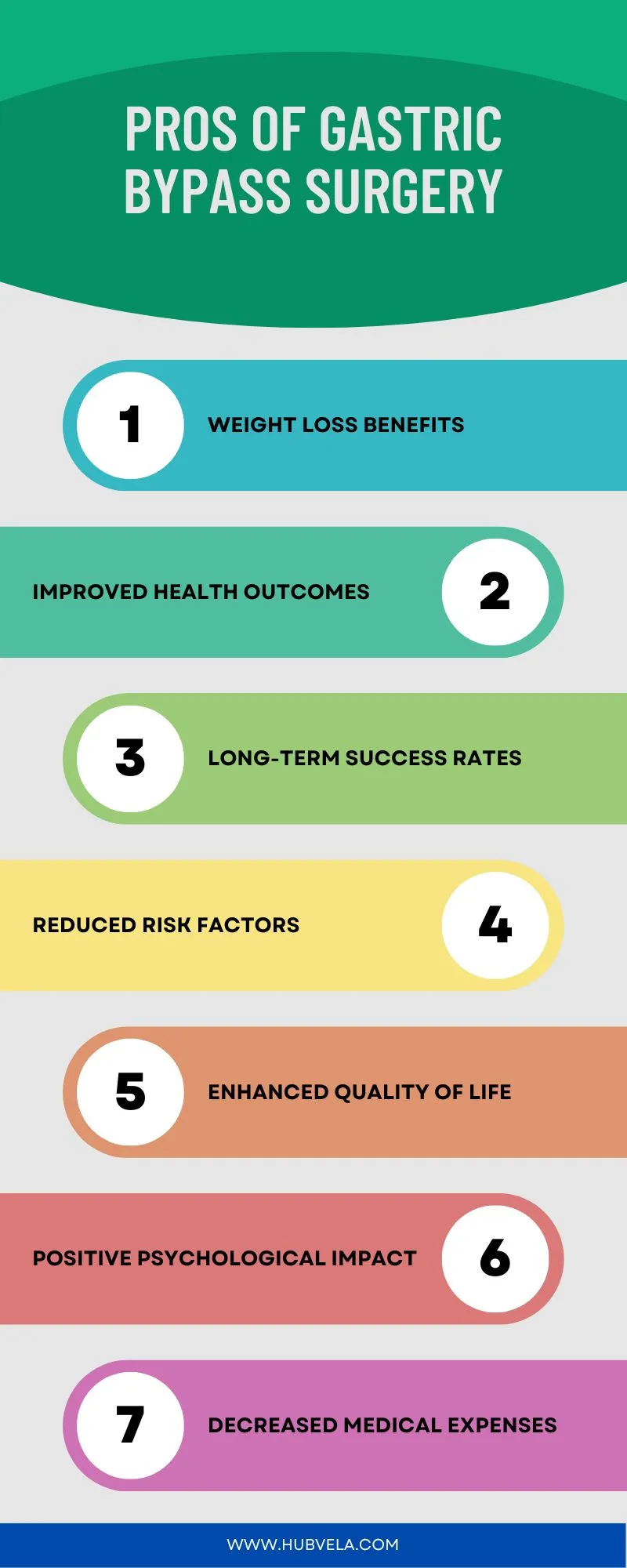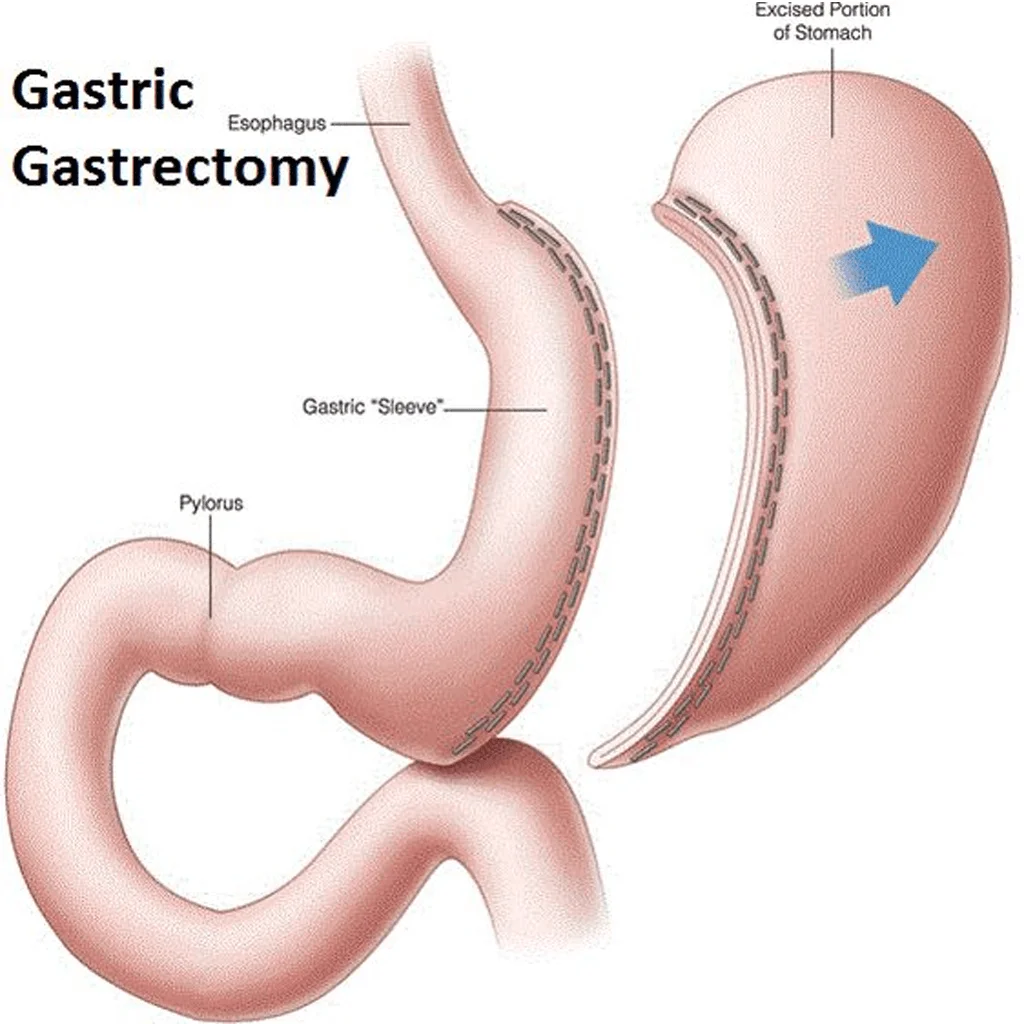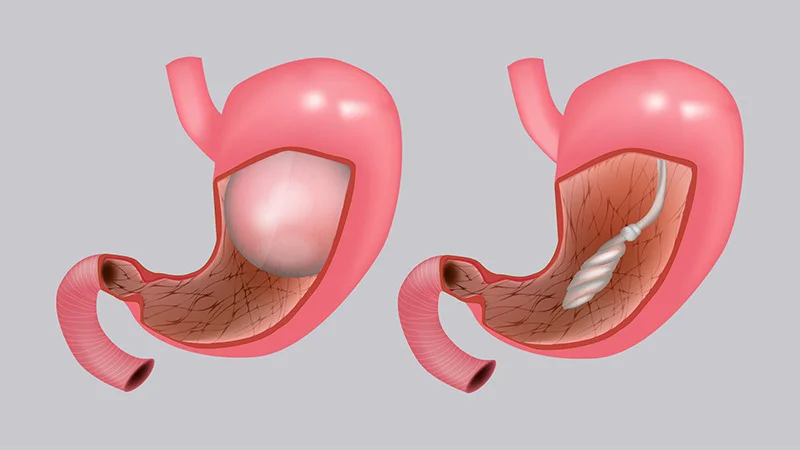7 Essential Tips for Fitness After Bariatric Surgery: Changing Your Lifestyle with Bariatric Surgery:
Bariatric surgery, a significant weight loss procedure, is a transformative journey for many individuals struggling with obesity. While the surgery itself is a critical step towards better health, the path to long-term success includes adopting a fitness routine that fits your new lifestyle. In this blog post, we will explore seven essential tips for getting back in shape safely after bariatric surgery, focusing on how changing your lifestyle with bariatric surgery can enhance your overall well-being.
Understanding Bariatric Surgery
Before diving into fitness, it’s essential to understand what bariatric surgery entails. Bariatric surgery refers to a range of procedures designed to help individuals with obesity lose weight by altering the digestive system. Common types of bariatric surgery include:
- Gastric Bypass: This involves creating a small pouch at the top of the stomach and connecting it to the small intestine, which restricts food intake and reduces calorie absorption.
- Sleeve Gastrectomy: A significant portion of the stomach is removed, forming a sleeve that limits how much you can eat and affects hormones related to hunger.
- Adjustable Gastric Band: A band is placed around the upper part of the stomach to create a small pouch. This procedure is adjustable and can be reversed.
Understanding these procedures helps you appreciate the importance of adopting a fitness routine tailored to your new body and lifestyle.
The Importance of Post-Operative Fitness
1. Why Fitness Matters After Bariatric Surgery
Changing your lifestyle with bariatric surgery involves not only dietary adjustments but also incorporating regular physical activity. Fitness is vital for several reasons:
- Supports Weight Loss: Regular exercise helps maintain weight loss and prevents weight regain. It increases your metabolism and helps you burn more calories.
- Enhances Physical Health: Engaging in physical activity reduces the risk of chronic conditions like heart disease, diabetes, and hypertension, which are often linked to obesity.
- Boosts Mental Health: Exercise releases endorphins, which can improve mood and reduce anxiety, helping you adapt to the emotional changes that accompany weight loss.
- Improves Recovery: A fitness routine can enhance your recovery by promoting blood circulation, improving mobility, and speeding up the healing process.
2. Timing Your Fitness Routine
Changing your lifestyle with bariatric surgery means knowing when to start your fitness routine. After surgery, your body goes through several recovery phases:
- Immediate Post-Op Phase (0-2 Weeks): In the first two weeks, focus on light activities like walking. This helps prevent complications such as blood clots and promotes healing.
- Transition Phase (2-6 Weeks): Gradually increase your activity level. You may begin to include low-impact exercises, such as swimming or cycling, as long as you feel comfortable.
- Long-Term Fitness (6 Weeks and Beyond): After about six weeks, you can start a more structured exercise program, incorporating strength training, cardiovascular workouts, and flexibility exercises.
7 Essential Tips for Safe Fitness After Bariatric Surgery
3. Start Slow and Listen to Your Body
Changing your lifestyle with bariatric surgery means respecting your body’s limits, especially in the early stages of recovery. Here are some tips to keep in mind:
- Progress Gradually: Begin with short walks or gentle stretching. As you build stamina, gradually increase the duration and intensity of your workouts.
- Listen to Your Body: Pay attention to any discomfort or fatigue. If you experience pain or unusual symptoms, stop exercising and consult your healthcare provider.
4. Focus on Cardio Workouts
Fitness after bariatric surgery is a vital component of changing your lifestyle with bariatric surgery:
Cardiovascular exercise is an excellent way to enhance your fitness after bariatric surgery. It helps improve heart health, boosts metabolism, and aids in weight loss. Consider these activities:
- Walking: One of the simplest forms of cardio, walking can be easily adjusted in pace and duration. Start with short walks and gradually increase your distance.
- Swimming: A low-impact option, swimming is gentle on your joints and provides an excellent full-body workout. It’s particularly beneficial during recovery.
- Cycling: Whether on a stationary bike or outdoors, cycling can improve cardiovascular fitness and is easy to modify to suit your comfort level.
5. Incorporate Strength Training
While cardio is crucial, strength training is equally important for building muscle and boosting metabolism. Here’s how to get started:
- Bodyweight Exercises: Begin with exercises like squats, lunges, and push-ups. These can be performed without equipment and can be modified to match your fitness level.
- Resistance Bands: These provide an excellent way to build strength without the need for heavy weights. They’re portable and can be used for various exercises.
- Weight Machines: If you’re comfortable, consider using weight machines at a gym. Start with light weights and focus on proper form to avoid injury.
6. Stay Hydrated and Nourished
Changing your lifestyle with bariatric surgery involves making conscious choices about nutrition and hydration, especially when exercising. Here’s what to consider:
- Hydration: Drinking enough water is essential, especially when engaging in physical activity. Aim to stay hydrated before, during, and after your workouts.
- Nutrient Timing: Ensure you’re consuming adequate nutrients to fuel your workouts. Focus on high-protein snacks before exercising and recovery meals afterward to aid muscle repair.
- Avoid High-Sugar Drinks: Steer clear of sugary beverages, as they can lead to quick energy spikes followed by crashes. Opt for water, herbal teas, or low-calorie drinks.
7. Consider Professional Guidance
Fitness after bariatric surgery is a vital component of changing your lifestyle with bariatric surgery:
If you’re uncertain about how to create a fitness routine that suits your needs, consider seeking professional guidance. Here’s how:
- Work with a Trainer: A personal trainer with experience in post-bariatric surgery fitness can help you design a program tailored to your specific goals and needs.
- Join a Class: Look for fitness classes specifically designed for individuals who have undergone weight loss surgery. These classes can provide motivation and community support.
- Consult Your Healthcare Provider: Always consult with your healthcare provider before starting any new exercise program, especially if you have pre-existing health conditions.
Embracing a New Lifestyle
8. Building a Sustainable Routine
Changing your lifestyle with bariatric surgery involves more than just temporary changes; it requires developing a sustainable fitness routine. Here are some tips to help you stick with it:
- Set Realistic Goals: Create achievable fitness goals, whether it’s increasing your walking distance, completing a workout class, or lifting heavier weights. Celebrate your milestones, no matter how small.
- Stay Flexible: Life can be unpredictable, so be prepared to adjust your routine as needed. If you miss a workout, don’t be discouraged; simply get back on track as soon as possible.
- Find Enjoyable Activities: Choose exercises you genuinely enjoy to make your routine feel less like a chore. Experiment with different classes, sports, or outdoor activities to find what excites you.
9. Monitoring Your Progress
Fitness after bariatric surgery is a vital component of changing your lifestyle with bariatric surgery:
Keeping track of your fitness journey can provide motivation and help you stay accountable. Here’s how to monitor your progress:
- Keep a Journal: Document your workouts, how you feel, and any changes in your weight or measurements. This can help you identify patterns and celebrate progress.
- Use Fitness Apps: Consider using fitness tracking apps that can help you log workouts, track nutrition, and set goals. Many apps also have community features for added support.
- Regular Check-Ins: Schedule regular check-ins with your healthcare provider or dietitian to discuss your progress and adjust your fitness and nutrition plans as necessary.
Conclusion :Fitness after bariatric surgery is a vital component of changing your lifestyle with bariatric surgery
Fitness after bariatric surgery is a vital component of changing your lifestyle with bariatric surgery. By following these seven essential tips, you can create a safe, effective fitness routine that supports your weight loss journey and enhances your overall health. Remember, this journey is about embracing a new way of living, and with patience and dedication, you can achieve lasting change. Engaging in regular physical activity will not only help you maintain your weight loss but will also improve your quality of life for years to come.





